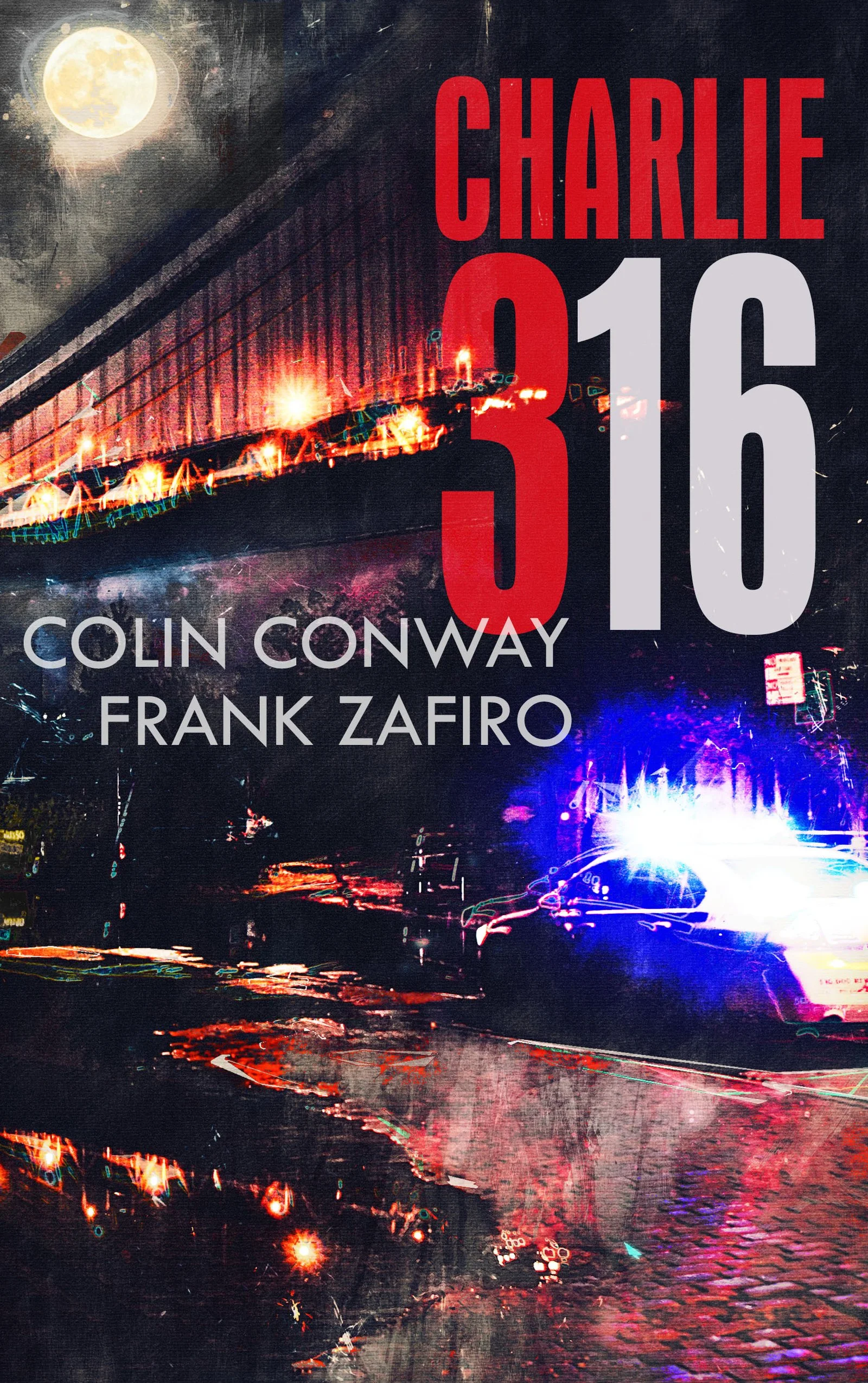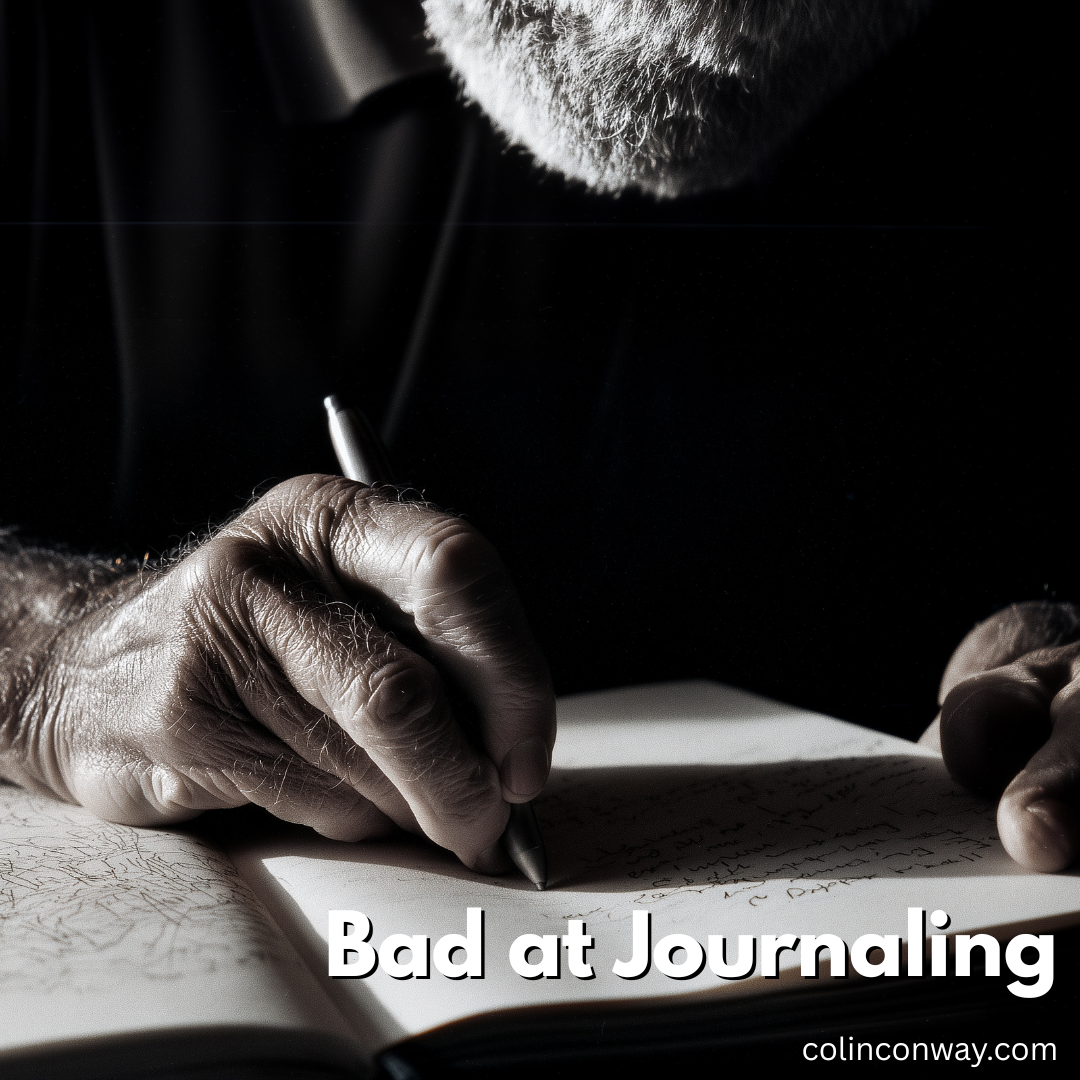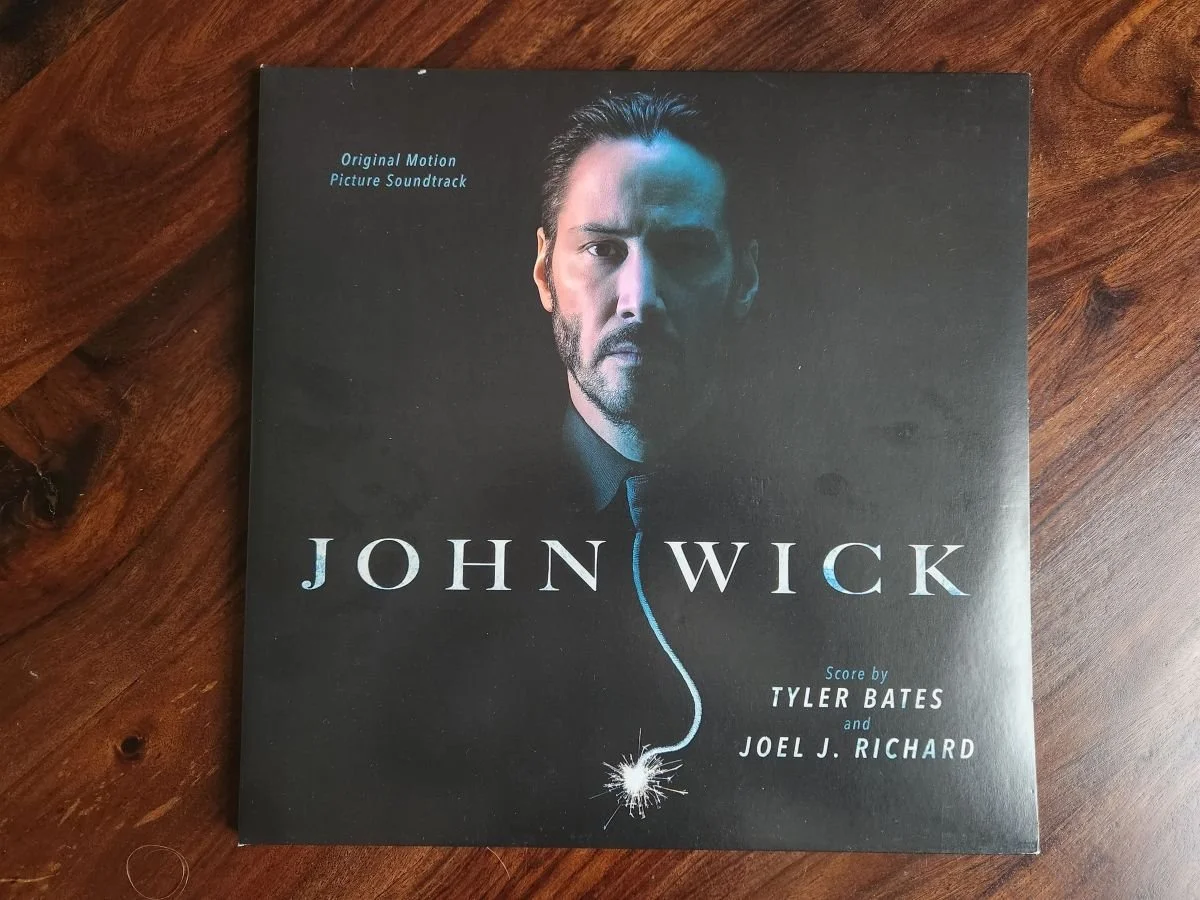Why I Wrote... Charlie-316
C316—pronounced correctly as Charlie three sixteen—is a police officer call sign. To be exact it was my call sign for a year while with the Spokane Police Department.
There are three parts to it.
The letter designates which sector an officer is assigned. In this case, “C” means south.
The first number tells you the shift. The “3” means power shift which overlaps swing (2nd) and graveyard (4th). Day shift is obviously first.
Finally, there’s the “16” which reveals I was the man with the sixth most seniority on the team.
I served five years on the police department and roughly three of them were on the street. The year I served as C316 was a fantastic one. Not only was that team made up of an interesting bunch of characters, a couple of which I considered real friends, but the work was exciting.
Power shift is the busiest time for patrol. It runs from essentially dinner time until after the bars close. It’s where the meat-eaters go for action.
And they’ll let you know it.
Because graveyard is for slack jaws who need long breaks in the wee hours of the morning. That way they can hang out and tell each other how great they were on an earlier call in the night.
And day shift is for cake-eaters. In other words, seniority slackers who have settled in for the slog to retirement. They’re content dealing with neighborhood complaints and garage burglaries.
Let’s not forget those poor bastards on swing shift. The worst shift off all. They’re going to get all the crappy calls, especially since those retired-on-duty day shifters aren’t going to pull their weight. Swing shift does double the work all while in the light of day while the brass is around.
But power shift is for crushing crime.
Due to my lack of seniority, I was assigned to power shift. I did not request it and I didn’t want it. Before being a cop, I worked as a property manager. Working shifts was a necessary evil, but I wanted to be on normal hours and in the sunshine.
I’ll admit it now—I was spoiled by my previous job and didn’t want to work in the dark.
However, power shift was sought after by adrenaline junkies since we spent most of our time running from priority call to priority call. There tended to be a fair amount of seniority guys on this shift.
For a young, impressionable officer like me, it was a great circus to witness.
I’ve always liked the sound of the words, “Charlie three sixteen.”
First, Charlie is a great sounding name. It sounds friendly. Plus there’s a lot of famous Charlies. Charlie Sheen. Charlie Brown. Charlie the Tuna (“Sorry, Charlie”). People tend to like Charlies.
Second, the ‘three sixteen’ portion of the call sign sounded reminiscent of the biblical verse John 3:16.
“For God so loved the world that He gave His only begotten Son, that whosoever believeth in Him should not perish, but have everlasting life.”
It’s probably the most famous biblical verse. Maybe even more memorable than Genesis 1:1 (the creation of heaven and earth).
It seemed to me that Charlie 316 would make a great title for a story about a police department that gives up its favorite son to protect itself.
Not really knowing what to do with it, I held onto that idea for years.
Funny how things work out.
In the summer of 2017, I met Frank Zafiro for a coffee. We had previously co-authored SOME DEGREE OF MURDER, a novel set in his fictional world of River City (a thinly veiled Spokane, Washington).
As life is apt to cause, Frank and I had drifted apart. He retired from the police department and moved to Oregon. Many years prior, I left the police department and went back into the real estate field.
Our reconnecting started after a couple emails.
Just like we used to do, we shared what each of us was working on and then what our future projects might look like. At that time, I was experiencing a rebirth with my writing. Along with a blog (Building-Income) and a biography of a local musician (TALES FROM THE ROAD), I was working on a book that would later end up being THE SIDE HUSTLE, the first in my 509 series.
But I had an idea for a book that seemed too much for me—a book about a police department that sacrifices one of its golden officers for political expediency. The story would start after an officer-involved shooting. But the narrative would be flipped with a black officer shooting and killing a white citizen.
The incident (although later justified) would look bad in the eyes of a mostly white city and the national media. How would the city respond?
I pitched the concept to Frank and asked if he would be interested. He said I had enough talent to write it on my own, but I argued that I needed his help with it. The story was about an officer-involved shooting and I wanted to show how a police department really worked a case. We could make it readable, but Frank’s background as a police captain would make it believable.
He dug the idea and we started throwing ideas back and forth.
We discussed the backgrounds of our yet-to-be-named lead characters, Tyler Garrett and Wardell Clint (both men of color). We then bounced around the motivations for each man. We drew on movies and TV shows that had elements we wanted to steal, I mean, emulate. THE WIRE, THE SHIELD, and NO WAY OUT were names we mentioned.
It was a pretty heady experience.
We wanted to talk about race.
That’s a pretty scary subject for two middle-aged white guys who previously were cops.
It had to be discussed if we were going to deal with the officer-involved shooting I described above.
Every time an issue of race entered a scene, we looked at it from every angle. We wanted to be careful with how we presented it, not only to be realistic, but to be respectful.
The N-word is a tricky subject when writing a crime fiction novel especially when race is supposed to be prevalent. While in uniform, Frank and I heard it a lot. From men of all colors, the word was casually thrown around. At times it was said with derision. In others, it was said with comradely love. However, it was a word Frank and I had to respect if it was going to appear in this book.
Ignoring the word would have been wrong.
Using the word flippantly would have been more wrong.
We decided to treat the N-word like a weapon of mass destruction. After we did that, we decided it could only be used two times in this story. Once in the presence of Clint for his reaction. And once in the presence of Garrett to see how he would respond.
For Clint, the word is said to him.
For Garrett, he says the word.
Don’t get us wrong, race is still prevalent throughout the book in all sorts of sneaky ways as it is in real life.
It’s political.
It’s systemic.
It’s personal.
But we wanted to discuss it without bashing our readers over the head with it. We hope we did it well. So far it seems we have.
For some time, we couldn’t agree on the title.
Oh, it was going to be some variation of Charlie-316, the call sign of our main character.
I wanted the title of the book to be Charlie Three Sixteen for a couple reasons. First, I thought it would give the reader a very quick introduction on how to say the call sign. Right there on the cover. Bang. Boom. Second, I thought those three words on a movie screen would look tougher than hell. Frank didn’t like it. Bah.
So we moved on and considered naming it Charlie 3:16, so it would tie nicely into the biblical verse. Frank made an argument that some readers might consider the book to be a comedy or satire based upon the title. It was a good point and we didn’t need that misconception. There’s not much comedy in this book. Maybe an occasional smile, but it’s a dark book.
Two potential titles down.
The actual call sign is shown on an in-car screen as C316. That would never fly anywhere as a title so it was quickly tossed.
Three possibilities down.
After that, it didn’t take much to get us in agreement on CHARLIE-316.
Writing the first draft was a wild experience.
After creating an outline and assigning characters, we went to work. The story is told from multiple viewpoints that shift constantly. So I wrote one chapter from my assigned character point of view (POV) then I sent the file to Frank to write his chapter(s). Sometimes the file would return to me within a few hours. I would run to my computer, call up the file, and read Frank’s addition. Then I would draft mine.
For a few weeks, regardless of day or time, it seemed as if I was tied to my computer. If Frank’s addition showed up, I dropped what I was doing to read and write.
We wrote the first draft in three weeks. It was the fastest I’d ever created anything of that magnitude.
And it’s a damn fine piece of work. We’ve gotten amazing compliments from fellow writers on it as well as some nice reviews from readers.
It was supposed to be a standalone work.
We never planned for the saga of Tyler Garrett and Wardell Clint to continue beyond that moment, but everyone who has read the book wants to know what happens next.
I imagined the ending to be one where the reader gets to make up their own mind. I won’t say anything more, in case you haven’t read it yet. And if you haven’t—what are you waiting for? Get after it!
But we listened to our readers.
Then we listened to each other. Both Frank and I realized we didn’t want these characters to sit on a shelf.
There were more things to discuss. More tribulations to put are main characters through.
So three more books were planned out for Garrett and Clint.
And there won’t be any questions left unanswered.






